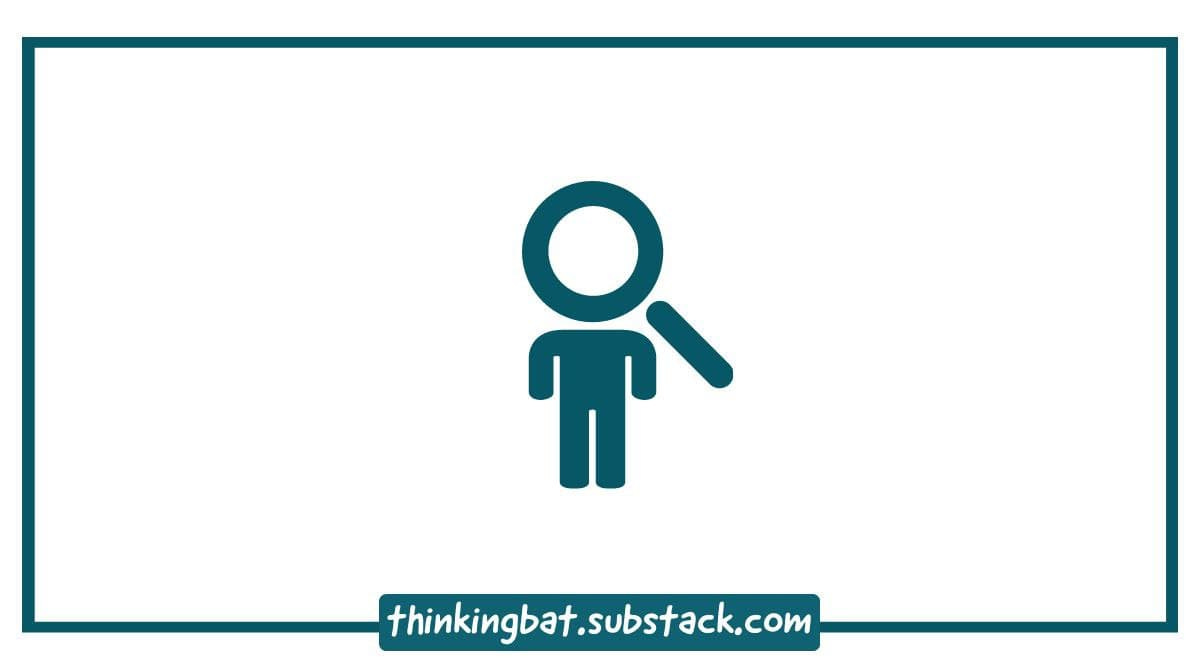Metacognition: Benefits of Thinking about Thinking
How much do you know yourself, how aware you are about your flaws and virtues, of your emotions and responses? How much?
These are the questions that our spiritual gurus help us to find through meditation and other activities, to help us realize what it means to be conscious.
The discussion about consciousness is beyond the boundaries of the science of psychology. But the idea of self-awareness is not pseudoscience. It is real, even if psychology and neuroscience do not mention it. Some of us are more self-aware than others, those who have a better understanding of their behavioral psychology and thought-process.
Metacognition is the medium through which psychologists introduced self-awareness and consciousness into the scientific domain. Metacognition is a higher-order thinking skill that basically means thinking about thinking, being aware of your awareness, cognition about cognition.
A lot of us think but do we ever think about thinking. Do you ever notice and observe the quality of your thoughts, the ideas that wander across the cosmos of your brain?
Here’s how self-ignorant we are
Most of us are living in a delusion that we know ourselves. We barely sit in silence to self-introspect, yet we think we are aware of our strengths and weaknesses. Unfortunately, we aren’t.
My assumption that we lack a sense of self-awareness is not just a philosophical guess, it’s a proven fact.
Three psychologists from Cornell University in 2003 published a paper giving us insights into why we fail to recognize our shortcomings.
They asked 141 students to tell how well they had done on an exam, just before they walked out of the classroom. They also asked the respondents to estimate their performance and mastery of the course material relative to the other students taking the exam. They also asked them to estimate their raw score on the test.
Results? Most students overestimated their performance in their respective tests and subject knowledge, especially the ones who scored the least. That means that the dumbest overestimated the most.
They concluded that “people tend to be blissfully unaware of their incompetence,” lacking “insight about deficiencies in their intellectual and social skills.”
Benefits of Metacognition
Metacognition is one’s ability to introspect, it helps you to have a better understanding of your thought process and your learning methodologies.
Metacognition is a mirror for your brain that reflects what you think and how you process the things around you.
Helps you to learn efficiently
You can learn (and teach) better if you learn about learning. Metacognitive activities help you to improve your learning methodologies because they let you observe and improve your way of learning.
It helps you to figure out the limits of your knowledge and how you can stretch its boundaries. Those who know their strengths and weaknesses are more likely to actively monitor their learning strategies and resources and assess their readiness for particular tasks and performances.
Escalates Self-awareness
Metacognition expands your self-awareness which in turn aids you to manage your emotions like a superhuman. Awareness multiplies the lifetime of positive emotions and divides the energy of negative emotions.
An extremely self-aware human with basic knowledge of psychology is his own therapist because he has a deeper understanding of his cognitive identity. To highlight the vitality of self-awareness I would like to quote Osho:
Whatsoever you are doing, go on doing one thing inside continuously: be aware of yourself doing it. You are eating: be aware of yourself. You are walking: be aware of yourself. You are listening, you are speaking: be aware of yourself. When you are angry, be aware that you are angry. In the very woment when anger is there, be aware that you are angry.
This constant remembering of the self creates a certain energy, a very subtle energy in you. You begin to be a crystallized being.
Assists you to make better decisions
You cannot make good decisions for yourself if you don’t know who you are, how you think, what actions will help you grow or shrink your intellect.
It is easier to make decisions when you are self-aware. The fog of doubt disappears when you know what you want and why you want it.
Metacognition helps you to identify your desires and interests, which in turn help you to steer through this chaotic world. Whenever you make a decision, either you are in extreme doubt and uncertainty, or you are over-confident about it. Both situations are equally troubling. But with the aid of metacognition, you can monitor your confidence to check its validity.
Metacognition is a beautiful gift that (maybe) evolution has handed to us. While scientists are debating about its sources and origin let us outgrow our potentials to be a better version of ourselves by using it.
We have mirrors to examine our physical features but there is none for our brain and the thoughts running inside it. So, here I give it to you, the mirror for your brain.
I appreciate your patience and dedication to read this endless essay. If you have any doubts or suggestions please comment below or you can DM me on Twitter.
More than having a large audience, I want a sustainable group of the right people. People who get something out of these weekly essays. If you know someone who fits the bill, feel free to share my work with them. And if you are new here and like what you have read, then by all means subscribe.
Thank you.




